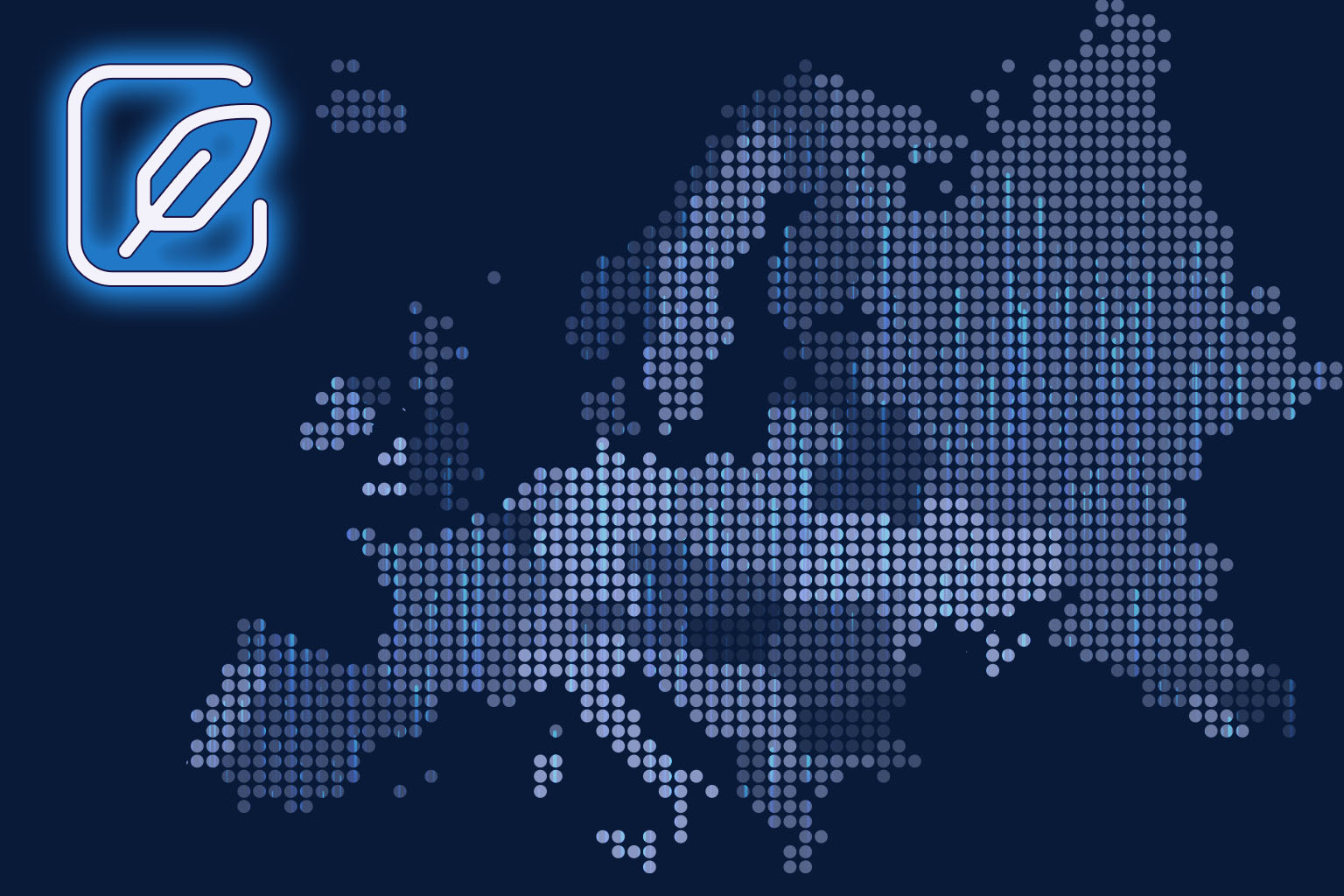"We have hundreds of connected products. And zero infrastructure to handle mandatory data sharing requirements." Does that sound familiar? If you're a CIO, it probably does. It's a common challenge this year. But the main question is: are you ready for 12th September 2025? That's the day the EU Data Act fully kicks in, and it's not waiting for anyone.
Surprisingly. It represents not just another regulatory framework. But a fundamental change of how data flows through our businesses. "The industrial data revolution is comparable to the railroad boom of the 19th century," notes Pieter van Schalkwyk, digital expert from University of Pretoria. "We're building the tracks that will determine how business value moves for decades to come."
Consider the case of an agricultural equipment manufacturer who previously kept all sensor data locked within proprietary systems. Under the new rules, farmers (users and consumers) will gain access to data generated on their own fields, opening possibilities for optimization across different platforms and tools. McKinsey study describes such situation as a critical economic transition – from closed data monopolies to fluid data ecosystems.
The stakes couldn't be higher. Gartner estimates that by 2027, companies leveraging data sharing will outperform non-sharing peers by 30% in most financial metrics. And suggests that companies who pivot early to collaborative data models will capture much higher market share. Yet many European businesses remain tentative. While most of the companies understand that the Data Act will impact their operations, only few have taken any concrete actions.
"The problem isn't technical. It’s the mindset," explains Greg Brunk, expert from Dataversity. "We initially viewed data sharing as a compliance burden. Now we see it as our strategic advantage." Data accessibility may be a key decision factor for your future clients.
The right technology is your secret power
Getting ready for this data revolution isn't just about understanding regulations – it's about having the right tools in your arsenal. Think of advanced data frameworks as intelligent networks, designed to orchestrate data flow with precision and security, not just transfer it.
"Most companies are still using horse carriages in an age of high-speed trains," laughs Pieter van Schalkwyk,"The right technology streamlines data sharing from different systems, transforming it from a manual process into a smooth, secure exchange."
For executives trying to navigate these changes, the challenge is like building a ship while already at sea. The technical standards behind the EU Data Act are still evolving, but waiting for perfect clarity is a luxury no one can afford. The real early adopters are:
- Setting up data "traffic rules" (Data Governance) within their companies before traffic increases
- Identifying their most valuable data – the premium cargo worth sharing
- Starting conversations with business partners about what data they'll need to exchange
- Investing in technology that can adapt as the regulatory landscape shifts
The Data Act promises something far more exciting than mere compliance. It's laying the groundwork for economy where data flows to where it creates the most value. All while ensuring privacy and compliance. The countdown has begun. And the time to prepare isn't tomorrow, it's today.
Want to know more? Explore Black Tiger Framework.
Written by Michal KOLATAJ





